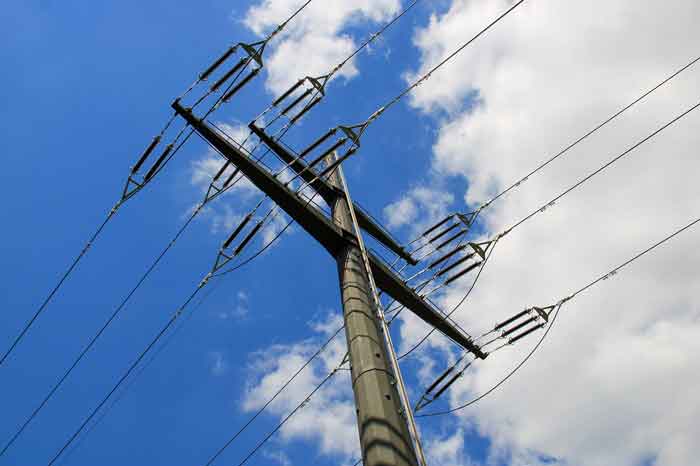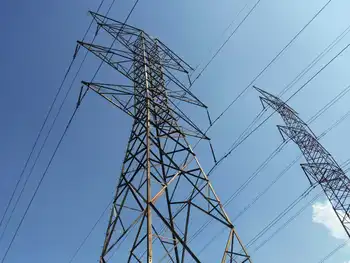Hydro rate dips, bills set to rise
Thanks to a fall that was unusually mild and a winter that was mostly warmer than usual, the Ontario Energy Board announced that electricity rates will drop 3.3 per cent to 5.3 cents per kilowatt hour.
Energy Minister Dwight Duncan called the rate change "good news" for consumers but New Democrats were critical of the fact that consumers will still find their May hydro bills higher than their April ones.
The new rates apply only to consumers who haven't signed fixed-price contracts with electricity retailers.
It's the way electricity bills are calculated during the upcoming May-to-October rate period that could see many consumers paying slightly more than they do now.
That's because the new rate applies only to the first 600 kilowatt hours of use. Above that, consumers will pay 6.2 cents – an incentive to conserve power during the hot and sticky summer months when air conditioners typically push Ontario to record power consumption levels.
That change will add an average of $1.60 to the electricity portion of the bill of a customer using 1,000 kilowatt hours a month.
As well, local utilities were awarded increases of up to 2 per cent in the fees they charge to distribute electricity.
For customers of Toronto Hydro-Electric System Ltd. using 1,000 kilowatt hours of power monthly, it all adds up to an increase of about 1.7 per cent, or $1.99, starting May 1, pushing their monthly bill to $121.45, the energy board estimates.
Still, that's down from last May 1, when the same customer was paying $127.77.
Across the province, hydro bills should be down an average of 5 per cent in the last year and that should please consumers, said Duncan.
He credited more electricity generating capacity, better weather and conservation efforts with the fall in electricity prices and he encouraged people to compare their May hydro bills to last May, not this month, to get an "apples to apples" comparison.
"When I get my bill at home.... I look at January versus January, July versus July."
Still, New Democrat Leader Howard Hampton said rising bills next month will pinch pocketbooks.
"Working families didn't get the $40,000 a year pay increase you gave yourself before Christmas," he told Premier Dalton McGuinty in the Legislature's daily question period.
"How are working families supposed to foot the bill?"
Yesterday marked the last time the independent Ontario Energy Board sets electricity rates before the provincial election coming Oct. 10.
Duncan insisted there are no political overtones to the rate-setting process, which has been in place for three years.
"It's completely unrelated to when elections are," he told reporters.
In future, the board may adjust electricity rates more frequently than the current twice-yearly to make sure there is less time lag between market conditions and prices to consumers.
As the system now works, prices are set every Nov. 1 and May 1 based on what consumers have paid for power in the previous six-month period, how much it has actually cost to produce that electricity and on forecasts for future electricity costs.
The system is designed to shelter consumers from daily price fluctuations in the market.
Hydro bills have several components, with the largest portion typically being the electricity charge with separate fees for delivery, a regulatory charge, as well as a charge to pay off the debt of the former Ontario Hydro and GST.
Related News

Utilities see benefits in energy storage, even without mandates
WASHINGTON - The rankings do not tally how much energy storage a utility built or owns, but how much was connected to their system. So while IPL built and owns the storage facility in its territory, Duke does not own the 16 MW of storage that connected to its system in 2016. Similarly, while California’s utilities are permitted to own some energy storage assets, they do not necessarily own all the storage facilities connected to their systems.
Measured by energy (MWh), IPL ranked fourth with 20 MWh, and Duke Energy Ohio ranked eighth with 6.1 MWh.
Ranked by energy storage…





